In late 2019 we launched a vegan and plant-based product for the US’s number one nail brand Sally Hansen, called Pure.
An innovation, by large beauty brand standards, hot on the tails of beauty startups that have had vegan standards as part of their DNA. The launch of Pure became the most successful single launch for the brand that year.
For an industry that is driven by rapid innovation, the beauty industry has taken a long time to adjust to consumers' views on the environment.
Fast-forward to the present and we've just finished work on a campaign for Covergirl to support their break into the clean beauty world with 'clean', 'cruelty-free' and 'vegan' superseding any messages around product performance.
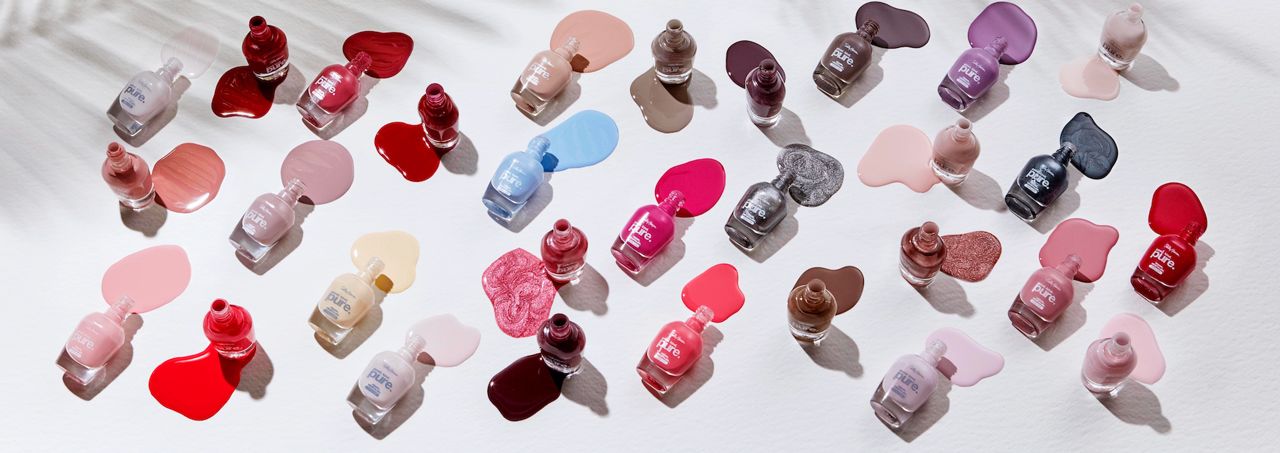
Above: Cosmetics lines such as Sally Hansen's Pure, have embraced a more ethical approach to their products.
The trends of ethics
For an industry that is driven by rapid innovation, the beauty industry has taken a long time to adjust to consumers' views on the environment, animal cruelty and plant-based ingredients. 'Clean beauty' is now the gold standard for skincare and makeup but, 10 years ago, the term didn't even exist in the hallways of major corporates that continued to tout the message of unachievable beauty standards. And while consumers have revolted against airbrushing in advertising and the questionable supply chains of these big brands, there's also been the growth of vegan and ethical lifestyles that have informed the agenda of NPD teams in beauty.
'Clean beauty' is now the gold standard for skincare and makeup but, 10 years ago, the term didn't even exist in the hallways of major corporates.
Once seen as a subversive lifestyle, veganism is now a hyper-mainstream trend. Food, clothing and, of course, beauty account for a huge part of the modern vegan consumers' lifestyle. Google data shows that veganism is now almost twice as popular as it was five years ago, with searches spiking by 47% in 2020. This goes hand-in-hand with the environmental awakening of Gen Z consumers and a consistent call-out of brands that don't measure up in the light of BLM protests.
The ask from consumers is to do better. To be better.
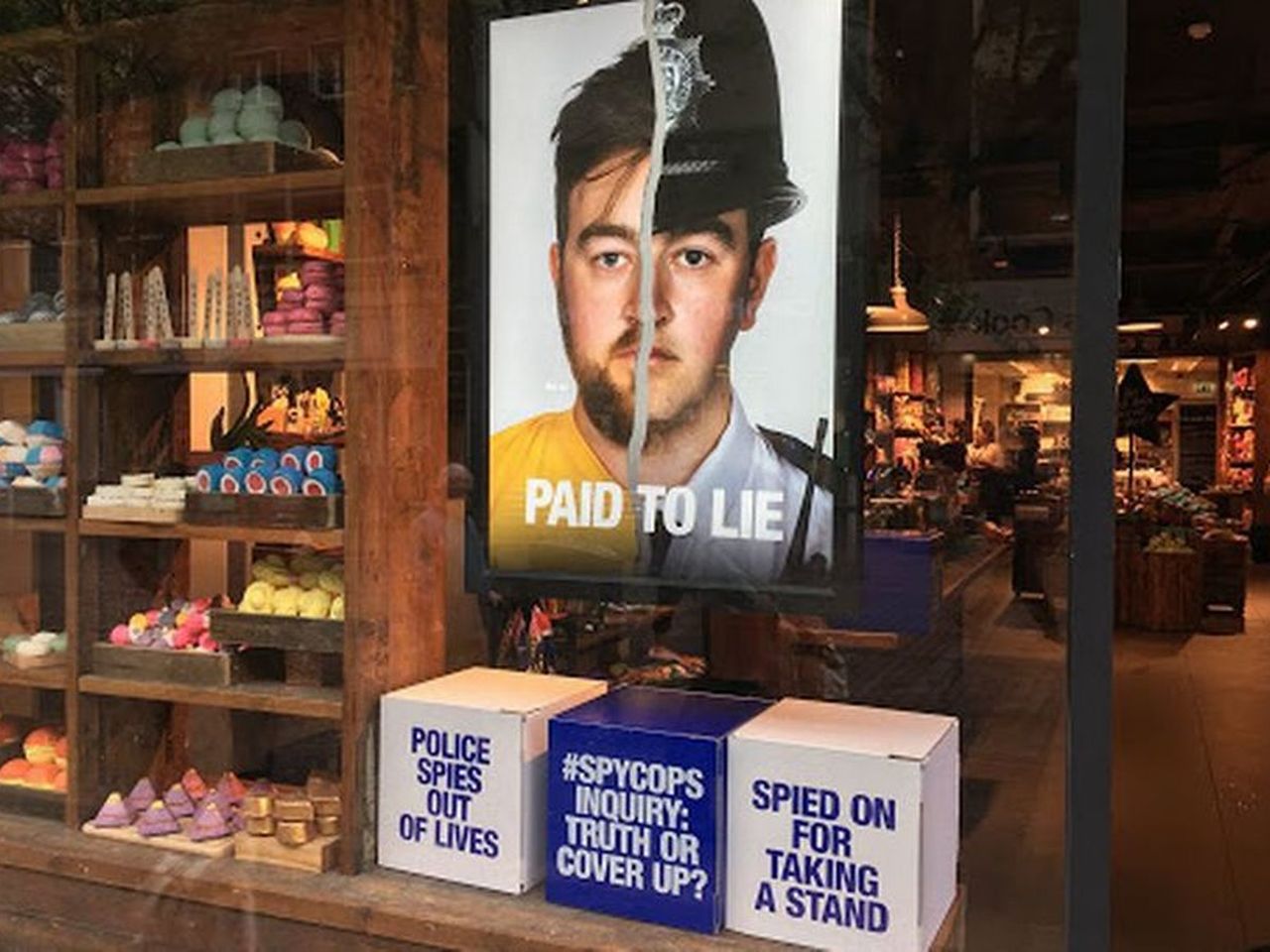
Above: Brands such as LUSH are synonymous with activism, such as this campaign from 2018 which drew criticism for highlighting the 'spy cops' scandal.
Consumers want in
Demand for products has also increased and, along with the environmental awareness and refocusing of the consumer in 2020, we've seen an almost militant demand for ethics to be integrated into beauty products. And the power of 'clean' in a pandemic is not to be underestimated.
Haeckels, a Margate-based skincare and fragrance company, has been pioneering this since the brand's inception. It offers local customers refills in-store, and generous discounts to consumers with its Rubbish For Product scheme that sees those who help clean-up areas of Margate's beach given 40% discount on products in exchange. Imagine a world where all brands did this, where they took meaningful, social initiatives and integrated them into the consumer lifecycle; it's an endless value exchange that only delivers good.
We've seen an almost militant demand for ethics to be integrated into beauty products.
Ethics in beauty is not new, however. Pioneers like Anita Roddick’s reign of The Body Shop from the mid-70s saw human rights and environmental awareness missions being integrated into product launches and innovations. Another heavyweight in the ethical beauty league is LUSH, synonymous with high street activism, protest-infused beauty products and a business model that aims to put people before profit. These anti-capitalist businesses models remain as relevant as ever in 2021 as they bring people together to fight for their core missions while constantly challenging elements of the industry, from supply chains and ingredients to packaging and profit.
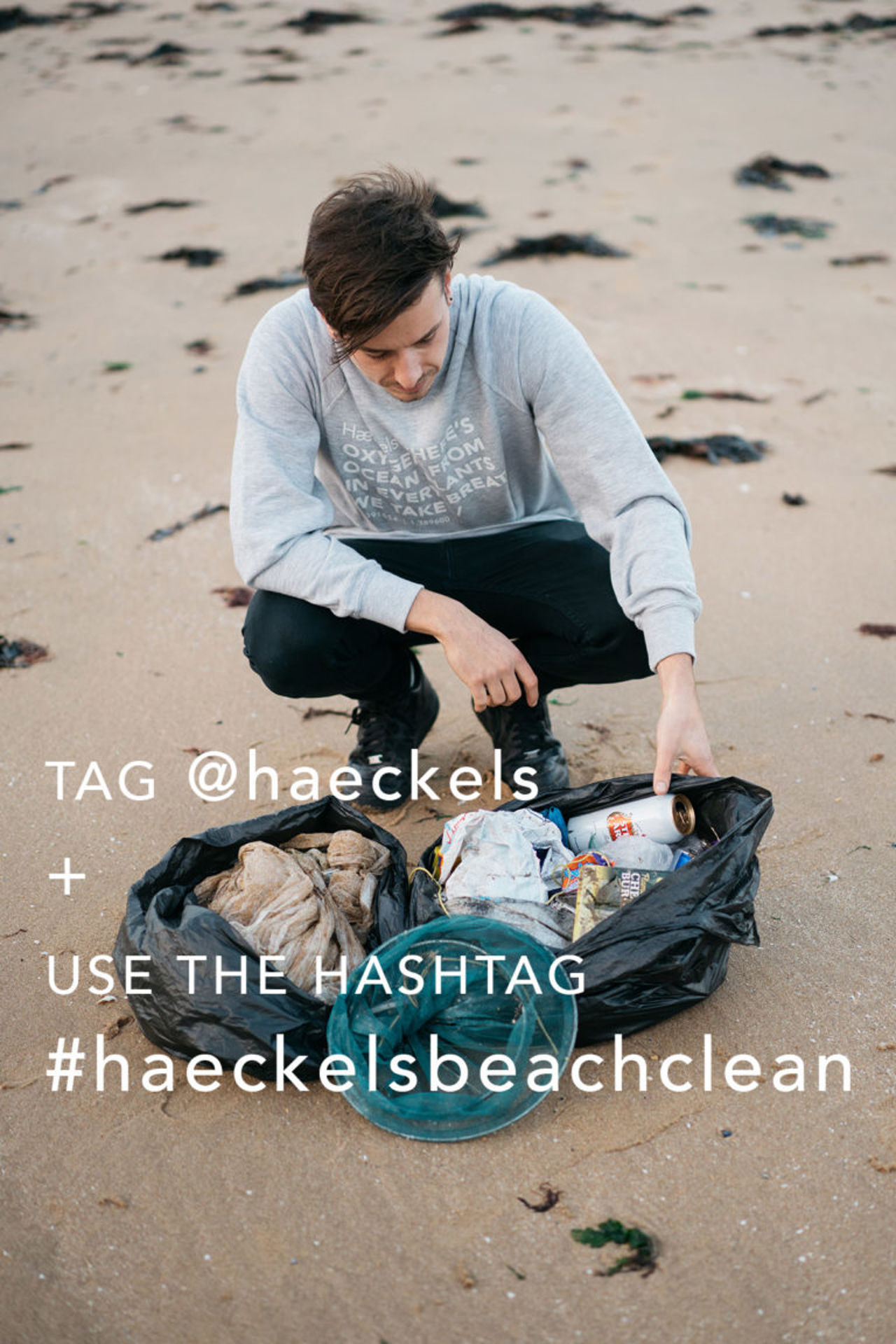
Above: Margate-based company Haeckels offers discounts to customers who help keep the area's beach clean.
Does greenwashing work?
Large beauty groups have sought to buy in these ethical businesses to capitalise on these manifold consumer trends with mixed results. Too Faced and Becca Cosmetics were two cult beauty brands built on a basis of cruelty-free and vegan formulas that Estée Lauder acquired in 2017. Both have seen a huge backlash since the sale, with devout consumers furious at the group's failure to commit to ceasing company-wide animal testing. The aforementioned Body Shop lost swathes of consumers following its sale to L'Oréal in 2006. Conscious consumers want consistency, and large beauty groups can sometimes fail to deliver on that.
Conscious consumers want consistency, and large beauty groups can sometimes fail to deliver on that.
Natura bought the flailing Body Shop brand in 2017 for only £220m more than its sale to L'Oréal in 2006. Natura’s mission is to drive forward socially conscious brands and has promised to return The Body Shop to its "activist roots”. Under this leadership the brand has seen consistent growth, with the last reported figures showing double digit sales performance, consistent with the previous three years’ growth.
It does pay to have a conscience, to clean up your brand, to stand for something or to care for the environment. There’s no down side. As a conscious consumer, an ethical vegan for nearly 20 years, and a creative practitioner in our field, I feel like I’ve stepped into a parallel universe where sleepy giant beauty brands are slowly waking up to the fact that good ethics sell. And I am so here for it.
)
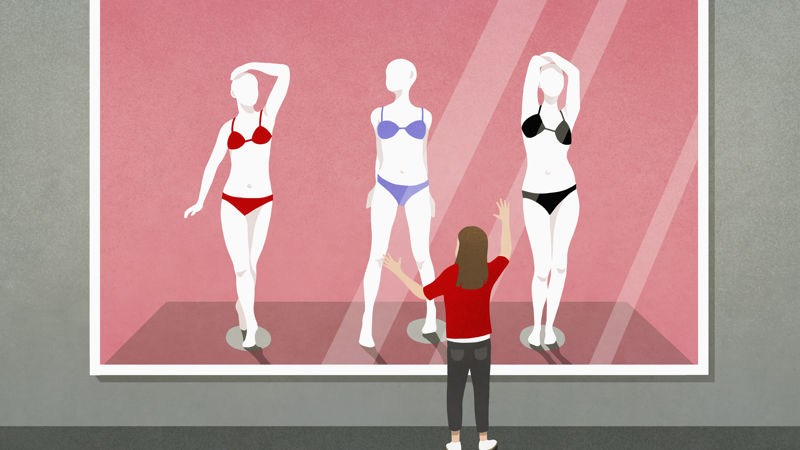
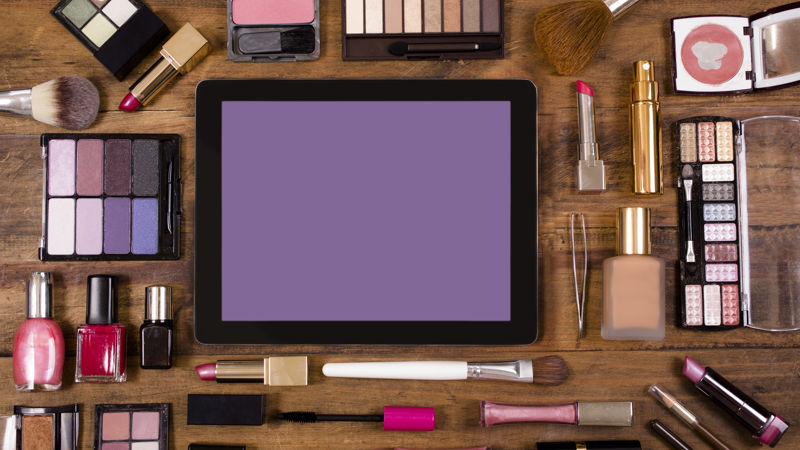


 + membership
+ membership








